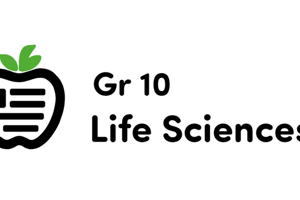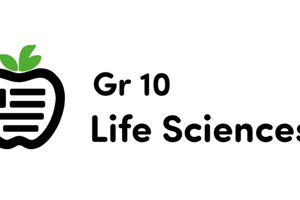Podcast
Questions and Answers
Which of the following best defines life science?
Which of the following best defines life science?
- Any science that deals with living organisms and their interactions. (correct)
- An analysis of chemical processes in inorganic matter.
- The study of non-living entities and energy interactions.
- The exploration of planetary systems and their atmospheres.
What area of study does not fall under life science?
What area of study does not fall under life science?
- Zoology
- Botany
- Physics (correct)
- Ecology
Which career is primarily associated with earth/space science?
Which career is primarily associated with earth/space science?
- Veterinarian
- Biologist
- Nutritionist
- Geologist (correct)
What aspect of science does chemistry primarily address?
What aspect of science does chemistry primarily address?
Which of the following pairs is correctly matched with its field of study?
Which of the following pairs is correctly matched with its field of study?
Which science specifically deals with interactions between organisms and their environment?
Which science specifically deals with interactions between organisms and their environment?
What does the study of anatomy focus on?
What does the study of anatomy focus on?
Which of the following is NOT an area of study in physical science?
Which of the following is NOT an area of study in physical science?
Flashcards are hidden until you start studying
Study Notes
What is Science?
- Science involves observing, studying, and experimenting to understand the nature of phenomena.
- Divided into three main branches: Life Science, Physical Science, and Earth/Space Science.
Life Science
- Focuses on living organisms, their life processes, and interrelationships.
- Areas of study include:
- Biology: Examines all forms of life and living matter.
- Anatomy: Studies the structure of both animals and plants.
- Botany: Dedicated to the study of plants.
- Ecology: Investigates interactions between organisms and their environments.
- Zoology: Covers the study of animals and their life, including relationships with plants and human health.
- Careers in Life Science: Include zookeepers, biologists, doctors, veterinarians, marine biologists, nutritionists, and pharmacologists.
Physical Science
- Deals with inanimate matter and energy, encompassing areas such as physics and chemistry.
- Areas of study include:
- Chemistry: Focuses on the composition, properties, reactions, and structure of matter.
- Physics: Studies the interaction of matter and energy; includes concepts like gravity, light, and time.
- Careers in Physical Science: Comprise engineers, chemists, and architects.
Earth/Space Science
- Encompasses sciences related to Earth and space, their composition, and dynamic changes.
- Geology: Investigates the origin, history, and structure of Earth, including physical, chemical, and biological changes over time.
Studying That Suits You
Use AI to generate personalized quizzes and flashcards to suit your learning preferences.




